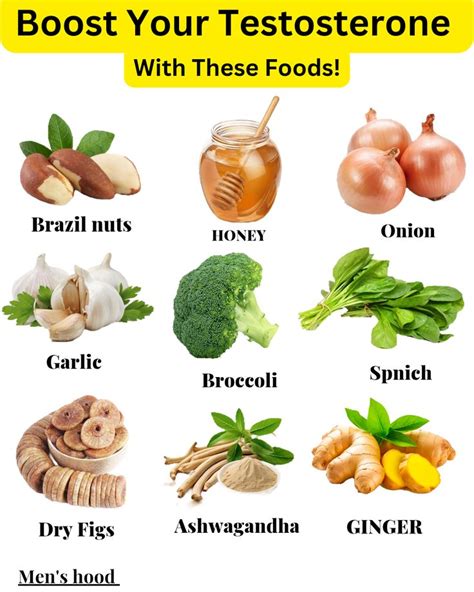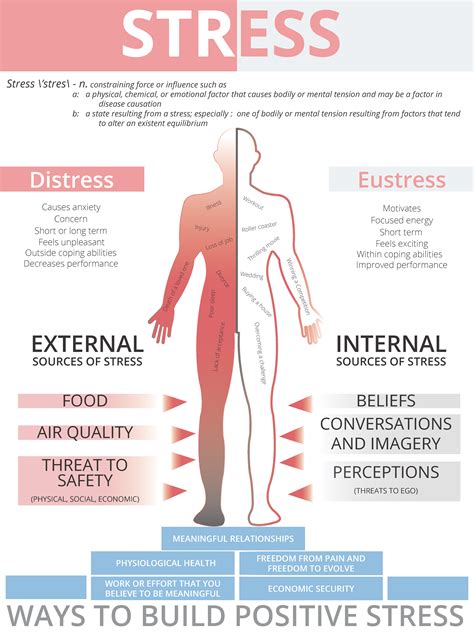How can men naturally optimize testosterone levels for peak energy & drive?

Testosterone, often hailed as the cornerstone of male health, plays a pivotal role far beyond just muscle mass and sex drive. Optimal testosterone levels are fundamental for maintaining peak energy, cognitive function, mood stability, bone density, and overall vitality in men. As men age, or due to various lifestyle factors, testosterone levels can decline, leading to symptoms like fatigue, low libido, reduced muscle mass, and even mood disturbances. Fortunately, many natural strategies can help optimize this crucial hormone.
Understanding Testosterone’s Role in Men’s Health
Testosterone is the primary male sex hormone, produced mainly in the testes. It’s responsible for the development of male characteristics, but its impact extends to almost every system in the body. Adequate testosterone levels contribute to better mood, sharpened focus, robust energy levels, healthy red blood cell production, and a strong libido. When these levels dip below optimal, men can experience a range of detrimental effects that compromise their quality of life.
Nutrition: Fueling Your Hormones Naturally
What you eat directly impacts your hormonal health. A diet rich in whole, unprocessed foods is key for testosterone production. Focus on:
- Healthy Fats: Essential for hormone synthesis. Include sources like avocados, nuts, seeds, olive oil, and fatty fish (salmon, mackerel).
- Protein: Adequate protein intake supports muscle maintenance and growth, which is indirectly linked to testosterone. Opt for lean meats, poultry, fish, eggs, and legumes.
- Micronutrients: Zinc, Vitamin D, and Magnesium are particularly crucial. Zinc is involved in testosterone synthesis, Vitamin D acts as a steroid hormone precursor, and Magnesium helps reduce oxidative stress and improves insulin sensitivity, both beneficial for T-levels.
Conversely, minimize processed foods, excessive sugar, and unhealthy trans fats, which can contribute to inflammation and insulin resistance, negatively impacting hormone balance.

Exercise: The Testosterone Powerhouse
Regular physical activity is one of the most effective natural testosterone boosters. Not all exercise is created equal, however:
- Strength Training: Lifting heavy weights, especially compound movements like squats, deadlifts, bench presses, and rows, has been shown to significantly increase testosterone levels. Aim for 3-4 sessions per week, focusing on progressive overload.
- High-Intensity Interval Training (HIIT): Short bursts of intense exercise followed by brief recovery periods can also stimulate testosterone production.
While beneficial, avoid chronic, excessive endurance training without adequate recovery, as this can sometimes lead to decreased testosterone and increased cortisol (a stress hormone).

Prioritize Quality Sleep for Hormonal Balance
Sleep is a non-negotiable component of hormonal health. The majority of your daily testosterone is produced while you sleep, particularly during deep sleep cycles. Chronic sleep deprivation (less than 7-8 hours per night) can significantly reduce testosterone levels, sometimes by as much as 10-15% in just a few days. To optimize sleep:
- Maintain a consistent sleep schedule.
- Create a dark, cool, and quiet bedroom environment.
- Avoid screens and stimulants (caffeine, alcohol) before bed.

Manage Stress Effectively to Lower Cortisol
Chronic stress leads to elevated levels of cortisol, the body’s primary stress hormone. High cortisol levels have a direct antagonistic relationship with testosterone; when cortisol goes up, testosterone often goes down. Implement stress-reduction techniques into your daily routine:
- Meditation and mindfulness practices.
- Yoga or deep breathing exercises.
- Spending time in nature.
- Engaging in hobbies or activities you enjoy.
- Ensuring a healthy work-life balance.

Lifestyle Adjustments for Optimal Levels
Beyond the core pillars of diet, exercise, sleep, and stress, other lifestyle factors play a role:
- Maintain a Healthy Weight: Obesity, particularly abdominal fat, can convert testosterone into estrogen, further reducing available testosterone.
- Limit Alcohol Consumption: Excessive alcohol intake can disrupt the endocrine system and impair testosterone production.
- Avoid Endocrine Disruptors: Be mindful of exposure to chemicals found in plastics (BPA), certain cosmetics, and pesticides, which can interfere with hormone function.

Consider Targeted Supplementation (with caution)
While whole foods are always preferred, certain supplements can support testosterone optimization if deficiencies exist or dietary intake is insufficient. These include Vitamin D3 (especially for those with limited sun exposure), Zinc, Magnesium, and sometimes adaptogens like Ashwagandha. Always consult with a healthcare professional before starting any new supplement regimen, as individual needs and potential interactions vary.
Conclusion: A Holistic Approach to Peak Performance
Optimizing testosterone naturally is not about quick fixes but a holistic commitment to a healthy lifestyle. By consistently prioritizing nutrient-dense foods, engaging in effective exercise, ensuring restorative sleep, and mastering stress management, men can significantly boost their natural testosterone levels. This integrated approach not only enhances energy and drive but also lays the foundation for improved overall health, vitality, and well-being, allowing men to thrive at every stage of life.









